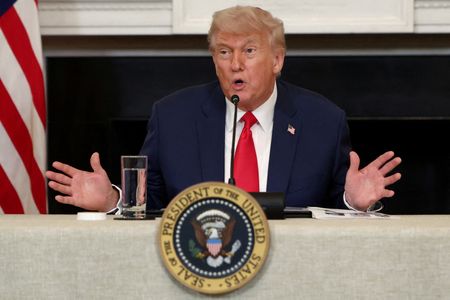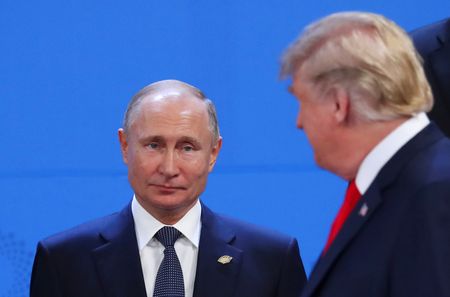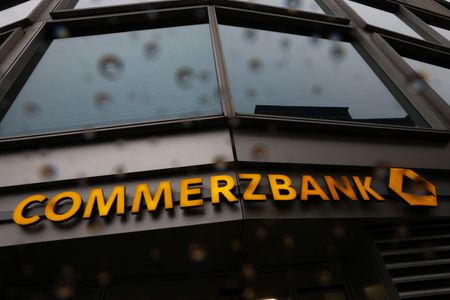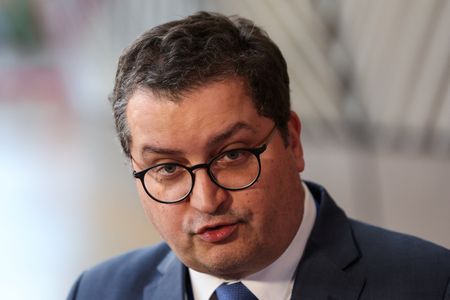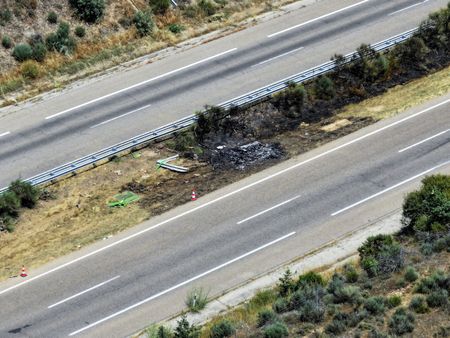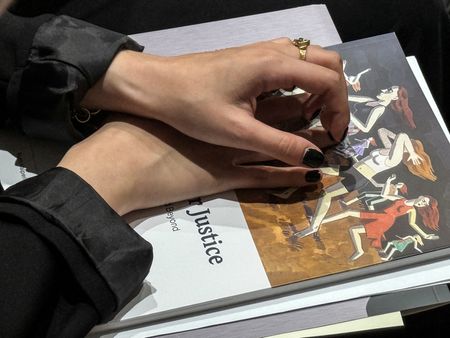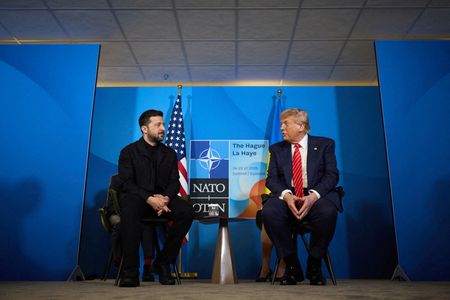(Reuters) -The Nobel Peace Prize is one of the most prestigious honours that can be awarded to individuals and organisations internationally.
Israeli Prime Minister Benjamin Netanyahu has nominated U.S. President Donald Trump for the prize.
If Trump wins, he will be the fifth U.S. president on the list after Theodore Roosevelt, Woodrow Wilson, Jimmy Carter, and Barack Obama. Here is a look at how the award works:
WHO CAN WIN?
According to the will of Swedish industrialist Alfred Nobel, the inventor of dynamite, the prize should go to the person “who has done the most or best to advance fellowship among nations, the abolition or reduction of standing armies, and the establishment and promotion of peace congresses.”
In an introduction on the Nobel website, Chair of the Peace Prize Committee Jorgen Watne Frydnes says “in practice anyone can be the recipient of the Nobel Peace Prize. The history of the prize shows clearly it’s given to people from all layers of society from all over the world.”
WHO CAN NOMINATE?
Thousands of people can propose names: members of governments and parliaments; current heads of state; university professors of history, social sciences, law, and philosophy; and former Nobel Peace Prize laureates, among others. You cannot nominate yourself.
Nominee lists are kept secret for 50 years, though there is nothing to stop those who make nominations from disclosing their choices.
WHO DECIDES?
The Norwegian Nobel Committee, which consists of five individuals appointed by the Norwegian parliament, is the arbiter. Members are often retired politicians, but not always. The current committee is led by the head of the Norwegian branch of PEN International, a group defending freedom of expression.
They are all put forward by Norwegian political parties and their appointments reflect the balance of power in Norway’s parliament.
HOW DO THEY DECIDE?
Nominations close on January 31, meaning Netanyahu’s nomination of Trump would not be considered this year. Members of the committee can make their own nominations no later than the first meeting of the committee in February.
They make a shortlist, and each nominee is then assessed by a group of permanent advisers and other experts.
The committee aims for unanimity but can decide by majority vote. A final decision is often only made a few days before the prize is announced.
CONTROVERSIES
The Nobel Peace Prize has often been seen as having a political message. The Nobel website says some recipients have been “highly controversial political actors,” while the prize has also increased public focus on international or national conflicts.
Obama won the award just a few months after taking office. Two members of the committee stepped down over the decision in 1973 to award the Peace Prize to U.S. Secretary of State Henry Kissinger and Vietnamese politician Le Duc Tho for negotiating an end to the Vietnam War.
One member quit in 1994 when Palestinian leader Yasser Arafat shared the prize with Israel’s Shimon Peres and Yitzhak Rabin.
WHAT DOES THE LAUREATE GET?
A medal, a diploma, 11 million Swedish crowns ($1.15 million), and immediate global attention, if they are not already famous.
WHEN ARE THE ANNOUNCEMENT AND THE CEREMONY?
The announcement of this year’s prize will be made on October 10 at the Norwegian Nobel Institute in Oslo.
The ceremony will take place at the Oslo City Hall on December 10, the anniversary of Alfred Nobel’s death.
($1 = 9.5584 Swedish crowns)
(Compiled by Gwladys Fouche and Simon Johnson; Editing by Rod Nickel)

